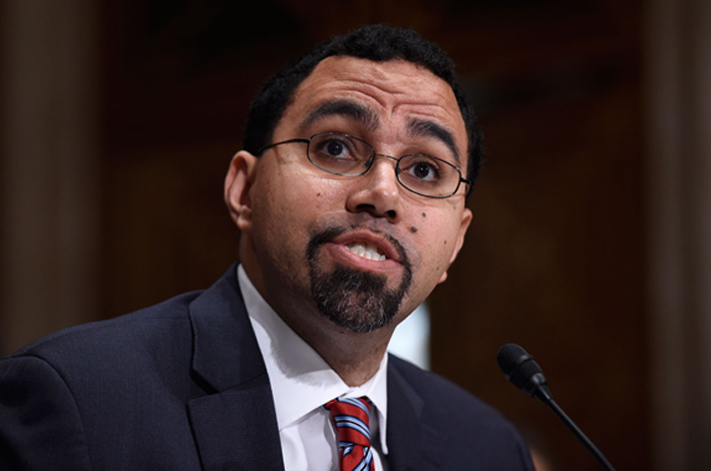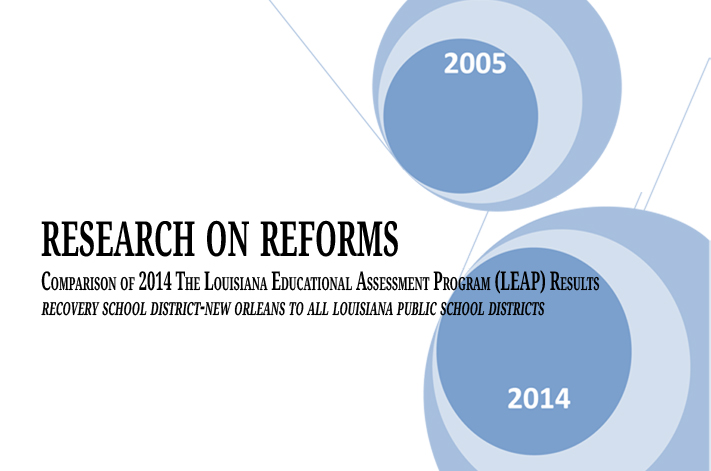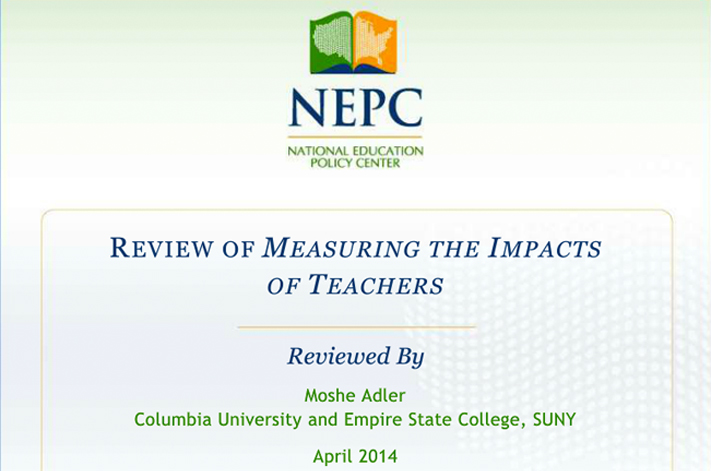Project Description
As you peruse what was the beginning of Congressional negotiations please consider how much or how little has changed. Please review the current state of the Every Child Achieves Act 2015. To better understand what is now and how the compromise legislation affects our children of color, please ponder the Letter sent on behalf of the NAACP Legal Defense and Educational Fund, (LDF), the civil rights law firm founded by Thurgood Marshall. Then, ask yourself how much of what was Senator Lamar Alexander's Bill remains and will we decide to continue to fail our Communities of Color?
Agree or disagree with the views stated in this report, it seems clear that we have failed communities of color...and the poor. Worse yet, we barely discuss this. As a nation, we abandoned the original intent of the Elementary and Secondary Act. Remember…
“In recognition of the special educational needs of low-income families and the impact that concentrations of low-income families have on the ability of local educational agencies to support adequate educational programs, the Congress hereby declares it to be the policy of the United States to provide financial assistance… to local educational agencies serving areas with concentrations of children from low-income families to expand and improve their educational programs by various means (including preschool programs) which contribute to meeting the special educational needs of educationally deprived children”
(Section 201, Elementary and Secondary School Act, 1965).
Earlier this month, Sen. Lamar Alexander (R-TN) proposed a bill to reauthorize the Elementary and Secondary Education Act, or ESEA. The ESEA is seven years overdue for a reauthorization. The process presents an opportunity to improve U.S. school systems for communities of color. Unfortunately, Sen. Alexander’s proposal fails to seize this opportunity. Instead, it proposes to reduce parent access to reliable and valid information and devolves most decisions about school quality to states, which historically have not taken action to address deficiencies in school systems. Here are five reasons why Sen. Alexander’s bill harms communities of color:
Allows low-performing schools to languish:
Lowers academic standards:
Opens the door to significant budget cuts:
Prevents parents from making informed decisions about where to send their child to school:
Eliminates focus on that state’s students of color:
- Endnotes and citations are available in the PDF and Scribd versions.
- Download the report | PDF
- Read it in your browser | Scribd
To speak with our experts on this topic, please contact:
Print: Liz Bartolomeo (poverty, health care)
202.481.8151 or lbartolomeo@americanprogress.org
Print: Tom Caiazza (foreign policy, energy and environment, LGBT issues, gun-violence prevention)
202.481.7141 or tcaiazza@americanprogress.org
Print: Allison Preiss (economy, education)
202.478.6331 or apreiss@americanprogress.org
Print: Tanya Arditi (immigration, Progress 2050, race issues, demographics, criminal justice, Legal Progress)
202.741.6258 or tarditi@americanprogress.org
Print: Chelsea Kiene (women’s issues, TalkPoverty.org, faith)
202.478.5328 or ckiene@americanprogress.org
Print: Benton Strong (Center for American Progress Action Fund)
202.481.8142 or bstrong@americanprogress.org
Spanish-language and ethnic media: Jennifer Molina
202.796.9706 or jmolina@americanprogress.org
TV: Rachel Rosen
202.483.2675 or rrosen@americanprogress.org
Radio: Chelsea Kiene
202.478.5328 or ckiene@americanprogress.org
This piece was reprinted by EmpathyEducates with permission or license. We thank The Center For American Progress for the kindness and research. We are grateful for a dedication to improving the lives of all Americans, through bold, progressive ideas, and action.










